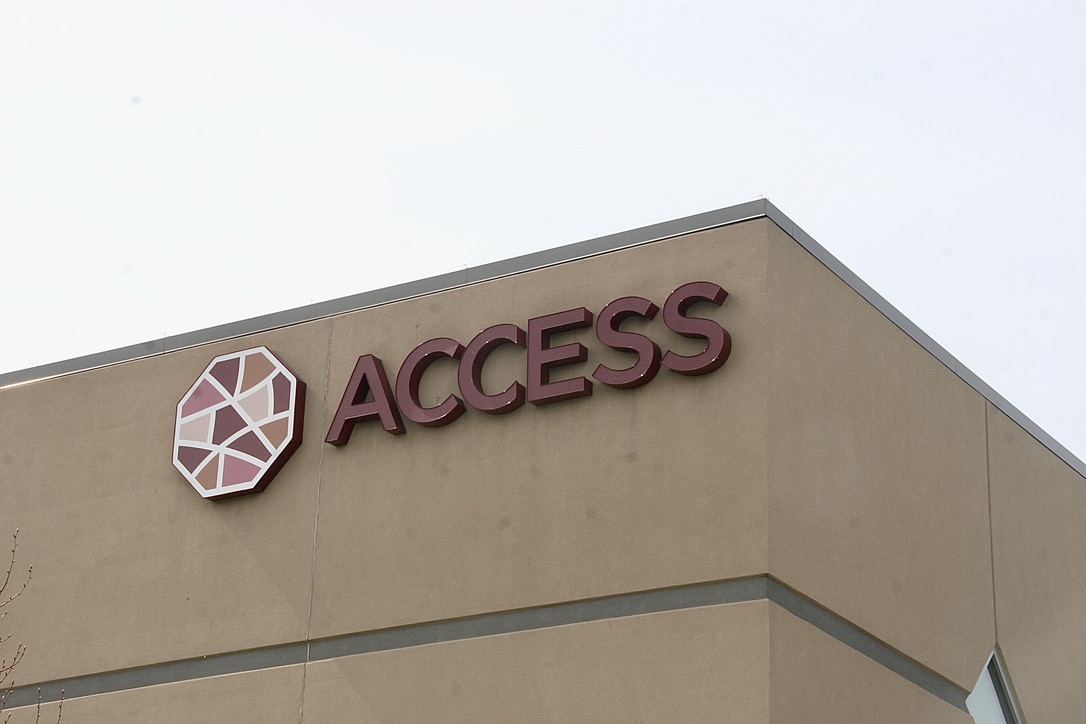By Simon Albaugh – YAN – Dearborn.
Across the entire United States, there’s a sort of disruption that’s trickled through every facet of life. The hope is that people are leaving their homes less. But the effect is that many of the industries that have come to define Southeast Michigan have come to a temporary close. This has trickled over to nearly every worker, entrepreneur, and even employer.
For many in this country, they come from a situation in which they can cash in from years of generational wealth in order to get through this time. The wealth that comes from a well-connected family, parents with high salaries and a lot of savings, can have an enormous effect on how well those people can make it through this difficult time.
But when the vast majority of Americans don’t enjoy that generational wealth, the question remains on how to get through this pandemic. And for the new Americans who don’t have connections to call upon, or those who were left out of the system of wealth, the question won’t be an easy one.
As part of the many efforts to make this time easier, ACCESS in Dearborn has worked since 1971 to close the gap between those who have connections and wealth, and those who don’t. They provide economic and social services like help with navigating welfare systems, along with college preparation for students in the Southeast Michigan community.
Although ACCESS is an organization that started with the purpose of helping immigrants navigate American institutions, they work to provide services to anyone that needs them.
“Our work is still rooted in ensuring that the immigrant populations and underserved populations have what they need,” said Anisa Sahoubah, Director of Youth and Education at ACCESS. “But our programs are also open to anyone who walks through our doors. It’s not limited to the immigrant population or the Arab American population.”

Sahoubah works as the Director of ACCESS’s Youth and Education Department. She says the efforts of ACCESS have changed during the pandemic, but the goals haven’t. (Photo Courtesy of ACCESS)
ACCESS has been put in a strange position since the start of the Coronavirus outbreak in Michigan. As a social and economic services organization, their work has been focused on navigating the vast number of institutions meant to provide a safety net for people and their families. But as an overwhelmed unemployment system and dried up small business aid may show, these safety nets are being stressed like they’ve never been before.
The services that ACCESS provides haven’t changed. They’re still offering assistance with things like filing for unemployment or translation services. However, like everything else, they needed to make changes to continue working during this time.
One of the ways the organization has learned to help during the outbreak is by helping people at odd hours. For example, Sahoubah says that there just won’t be a way for people to apply for unemployment during the day. The website will often crash from the overload of applicants. So ACCESS Workers will sometimes work at 9:00pm on unemployment claims.
In Sahoubah’s division of ACCESS, things have also changed drastically. Before this time, the Education efforts of ACCESS were about assisting students through school and providing adults with any information they might need.
There have been disparities in America’s education system. In a country where someone’s zipcode may determine whether they go to college, this has been a challenge for social organizations in urban areas.
“Now, those disparities are more accurate than they have ever been,” Sahoubah said. “And we are seeing that there are major differences in terms of access to digital connectivity. So it’s internet, but also having technology at home. Those are some challenges that we’re dealing with.”
The new normal, for the time being, will be maintaining the basic functions of society. Providing education for every child is high on the list of things that can’t be interrupted. Still, for many students around Southeast Michigan, there has been a halt in what’s available.
For this time, equity has been an impossible task. According to an estimate in 2018, around 40% of families in Detroit didn’t have any internet access. For many of the wealthier areas around this region of Michigan, the students there have no issues with transitioning to online classes. For those districts closer to Detroit, it’s been a harder time.
While people talk about opening up the economy again or bringing back the new normal, they sometimes don’t account for the immediate needs. And what everyone needs right now is to stay safe, stay healthy, and make sure that everyone’s needs are met.
Although the country isn’t at a point when we can work to bring things back to normal yet, there are organizations working on solutions for what’s needed now. ACCESS is working to help connect people’s immediate needs for those who need them.












